Creating a Visual Language of Marks
Our research addresses historical wrongs and the problems of lost identities created by the global slave trade, and asks how a visual approach to data collection may give rise to new discoveries and findings.
Our research objectives are to design new paradigms, through the collection, analysis and visualisation of data from 19th century slave manumission records and accounts, with specific reference to the Registers of Liberated Africans, which have been collected and digitized within the archives of Freetown, Sierra Leone. We employ historical and archival research in an interdisciplinary methodological approach adapted from art, design and the digital humanities, with the application of accessible platforms and interfaces for lab and field work.
Incorporating user-sensitive design principles, we have developed a collaborative database using Structured Query Language (SQL) and a user-friendly interactive platform employing novel algorithms to collect, meta-tag and cross-reference data. With shared core principles including best practices for data collection, data descriptors, controlled vocabularies, meta-tagging and analyses, our data will ‘talk to’ other open-source, online digital repositories and databases of similar nature. We use Deep Neural Network (DNN) models to perform visual data analyses, semi-automating the transcription of the documents and cross-referencing information within the database(s). With these tools, we have reconstructed a number of enslaved African individual’s identities, based on positive identification of their body markings recorded in the Registers. We seek to understand how this visual data collection, curation, visualisation, and semi-automated analysis might help us to more quickly uncover new knowledge. Our visual database will enable researchers and others to review, compare and decode visualised marks connoting individual identities, which may assist scholars and members of the public in better understanding critical questions of African identities and origins.
Selected Presentations & Publications
Ladly, M., Keefer, K., Chadha, K.; Decoding Origins: Creating A Visual Language of Marks; Panel: Tracing African Trajectories: Liberated Africans and Diasporic Biographies; The Annual Conference of the Canadian Association of African Studies (CAAS), May 16-19, 2019, University of Quebec in Montreal, Québec, Canada.
Ladly, M., Keefer, K., Chadha, K.; The Language of Marks: A Web-portal for Trans-Atlantic slave trade data collection, visualization and transcription; Enslaved: Peoples of the Historic Slave Trade Conference, Michigan State University, East Lansing (Michigan, USA): March 8-9, 2019.
Ladly, M., Keefer, K., Chadha, K.; Decoding Origins: Creating A Visual Language of Marks, SSHRC funded Research project; Freedom Narratives Symposium, York University, Toronto (Ontario, Canada): December 07-08, 2018.


